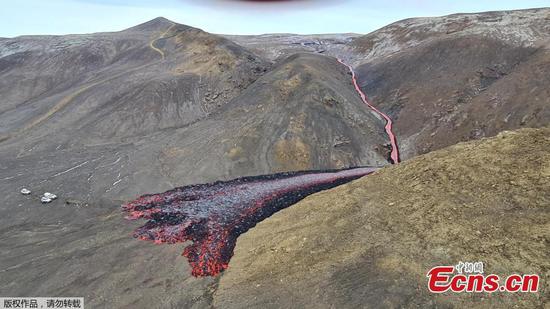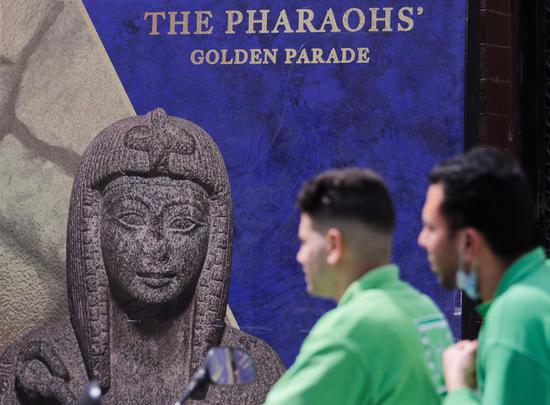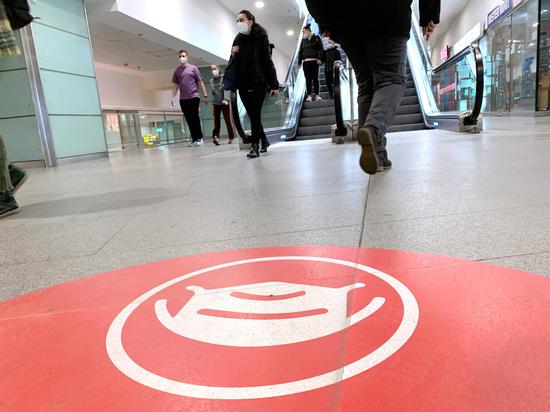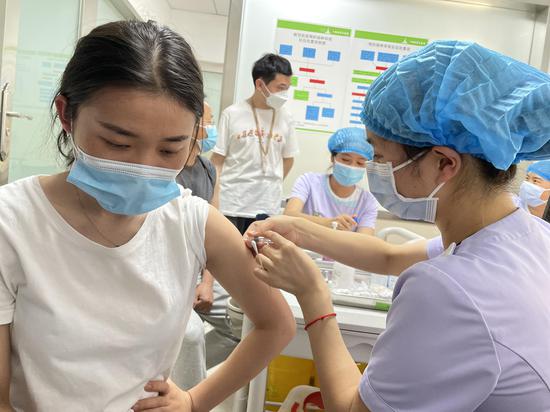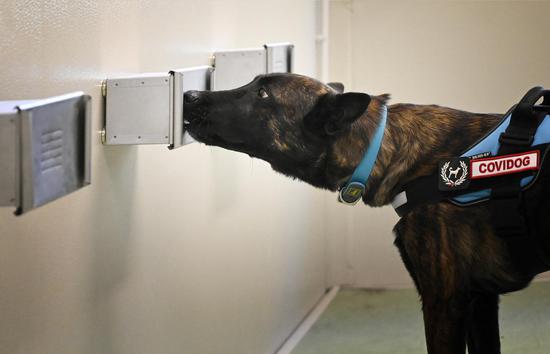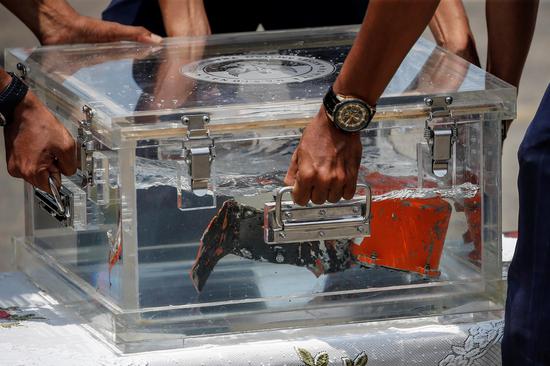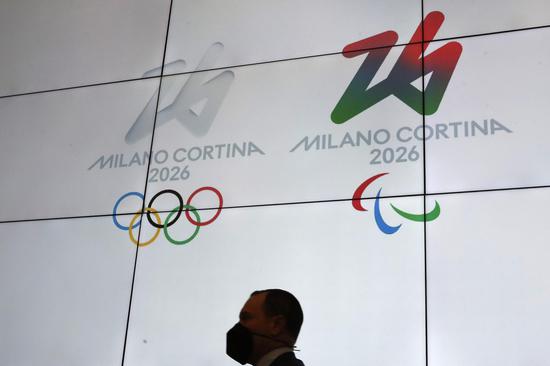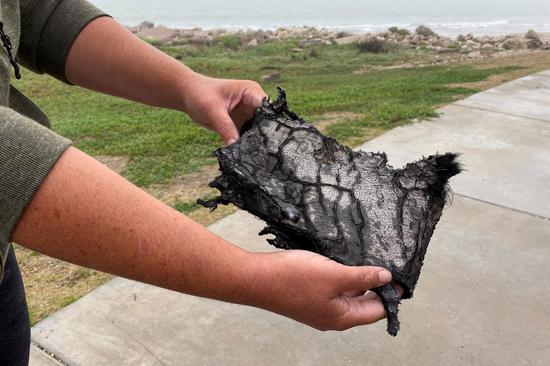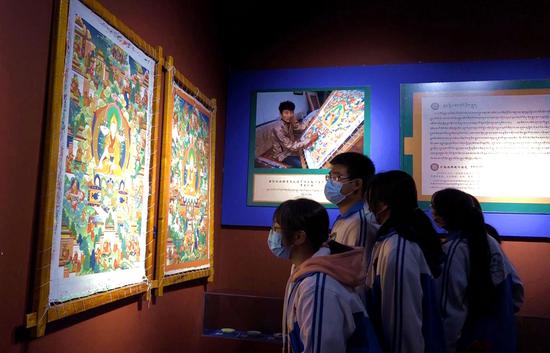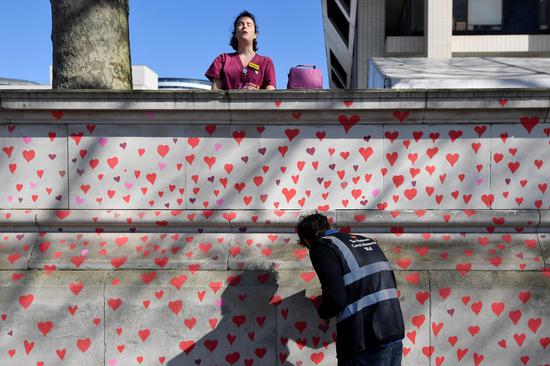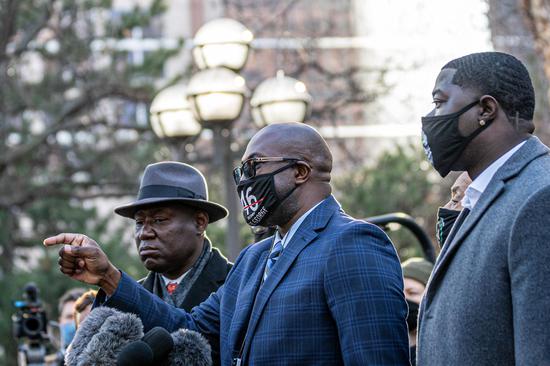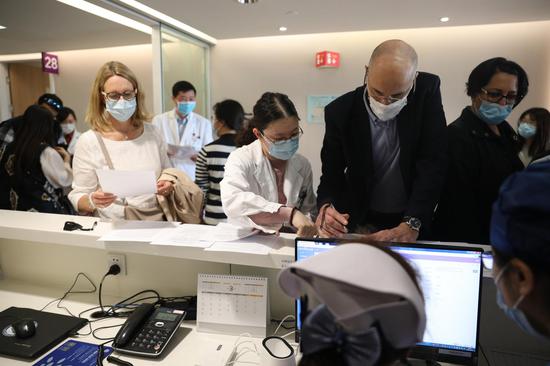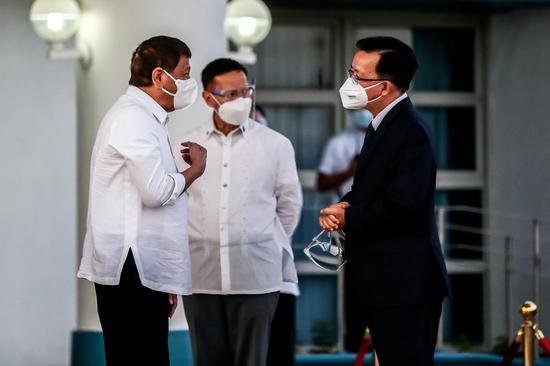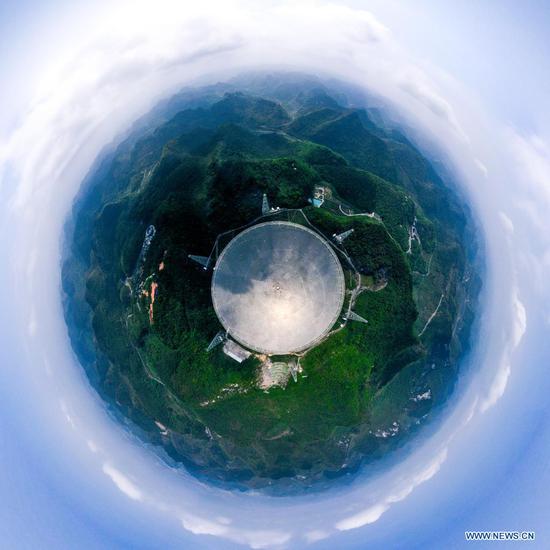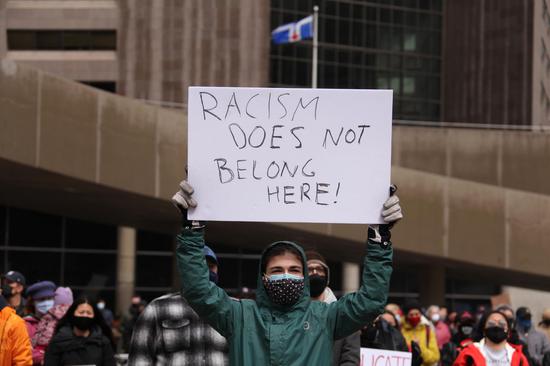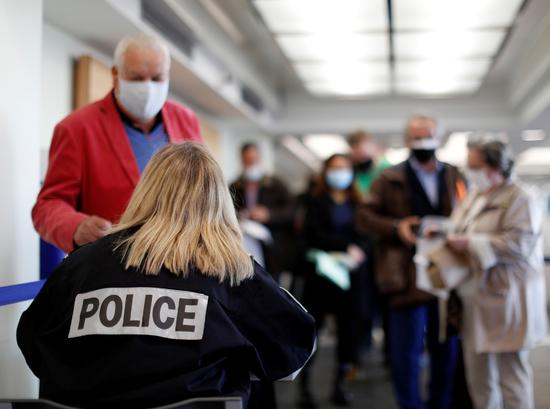
Risk of information leaks
Hancock said a digital vaccine "passport" with private medical data could infringe on a person's rights, especially if it will be shared digitally. "Any information shared digitally is at risk of being leaked. And without good digital privacy law internationally, this information can become easily associated with the rest of a person's data without their knowledge and informed consent."
Jane Lee, a trust and safety architect at the cybersecurity company Sift, said: "I can pretty much 100 percent guarantee that fraud is going to occur. We will have a lot of bad actors where they pretend to offer a service that will provide some sort of vaccination passport, but it's really a phishing campaign."
A coalition of health and technology companies has launched the Vaccination Credential Initiative to show proof of vaccinations. A digital pass called CommonPass is being created by The World Economic Forum, the Commons Project, the Rockefeller Foundation and 350 public and private sector leaders from 52 countries and regions. It is being tested by United Airlines.
Small-scale versions of vaccine certificates are being tested at events and among healthcare systems.
In Los Angeles County in the U.S., The Los Angeles Wallet pass was one of the first in the country to show digital proof of a coronavirus vaccine on a phone.
Despite the moves to develop some type of proof of vaccination against COVID-19, the WHO warned in January that it isn't known how effective the vaccines are against transmission, which could mean that those who get vaccinated could still pass the coronavirus to others. And people who have already had the virus may in the future have different vaccine requirements.
"The utility of a vaccine passport is only as good as the evidence of how long the immunity lasts," David Salisbury, an associate fellow at think tank Chatham House, told Bloomberg. "You could find yourself with a stamp in your passport that lasts longer than the antibodies in your blood."









